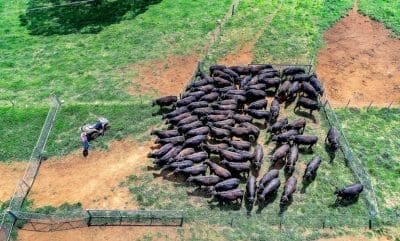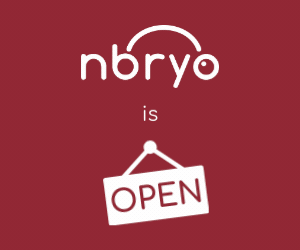NEW Zealand agtech startup Ruminant BioTech has been awarded a $3.5 million Australian Government grant under the Methane Emissions Reduction in Livestock (MERiL) program, focussed on the company’s slow release bolus product.
Ruminant BioTech’s business, dedicated reducing methane emissions from ruminant animals, has done extensive laboratory and animal field tests on its slow-release bolus product, which sits in a cow’s stomach and delivers a consistent, sustained dose of a naturally occurring organic compound, claimed to reduce methane output from cattle by more than 80 percent.
 The company’s methane reduction technology is specifically designed for pasture-based grazing where feed-based alternative solutions are impractical.
The company’s methane reduction technology is specifically designed for pasture-based grazing where feed-based alternative solutions are impractical.
Compared with results from other methane-reducing technology in the field, the Ruminant BioTech solution has the best results in methane mitigation globally, the company claims.
The active ingredient in the product is a synthetically produced, naturally occurring compound called tribromomethane (TBM), closely related to bromoform – the active ingredient in asparagopsis seaweed. A similar compound has been developed by Western Australian feed additive manufacturer, Rumin8, for use in intensive livestock feeding applications.
Research studies (click here to access) have found that bromoform, administered in very low doses, is not bioavailable at measurable levels in meat samples. Hence the risk of residue transfer or toxicity in livestock and humans will be minimal, research has demonstrated.
In a statement, Ruminant BioTech chief executive Tom Breen said his company had been working on its technology for the past three years and believed that its product – which is targeting 80pc methane reduction over six months from a single rumen bolus application – can dramatically reduce greenhouse gas emissions from the livestock sector.
“We are excited to be doing this in Australia and hope to give Australian and New Zealand farmers a competitive advantage in the race to low carbon farming,” he said.
 Key activities in Ruminant BioTech’s MERiL-funded project will include controlled cattle trials conducted at the University of Sydney and deployment of the bolus in commercial cattle backgrounding operations.
Key activities in Ruminant BioTech’s MERiL-funded project will include controlled cattle trials conducted at the University of Sydney and deployment of the bolus in commercial cattle backgrounding operations.
Together, these will evaluate methane reduction effectiveness, safety and productivity, as well as providing useful insights into factors influencing adoption. The ultimate goal is to prepare the technology for commercialisation in Australia.
The project will also deliver key metrics to inform the Department of Climate Change, Energy, the Environment and Water’s (DCCEEW) Livestock Emissions Framework for Feed Technologies and the National Greenhouse Gas Inventory.
Mr Breen said the company expected to deliver a commercially-ready methane-reducing bolus by the end of the MERiL project in 2025.
“The data we gather will be essential for fostering market confidence in our technology among producers and industry stakeholders, paving the way for its commercial launch in the Australian market in 2025,” he said.
Methane emissions from livestock are the largest source of greenhouse gas in the agriculture sector and make up around 10 per cent of Australia’s total annual emissions.
- Beef Central published this item on another third-round MERiL funding recipient yesterday, focussed in methane-reducing additives infused into cattle lick blocks.
